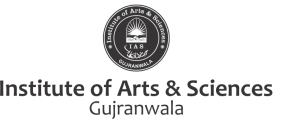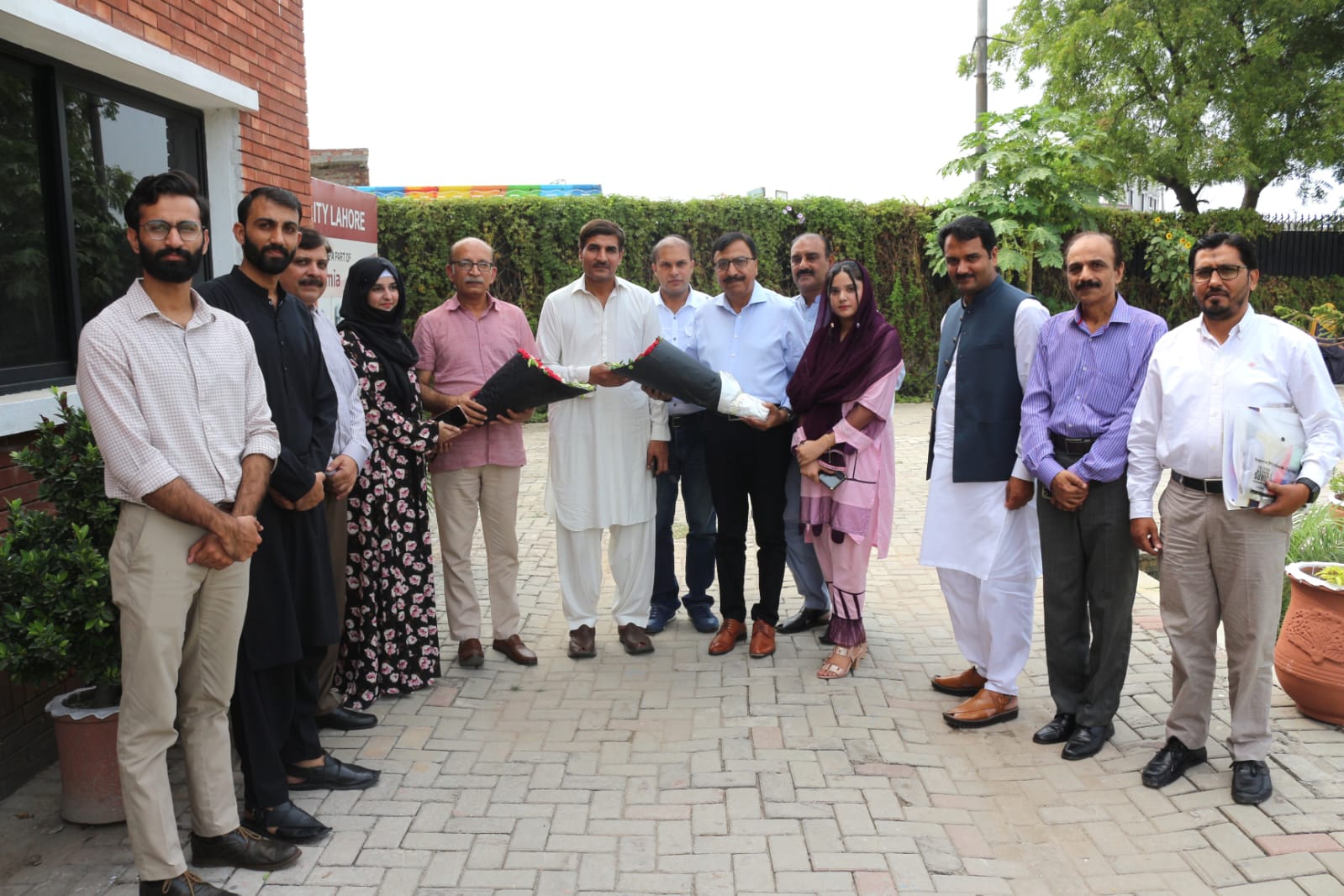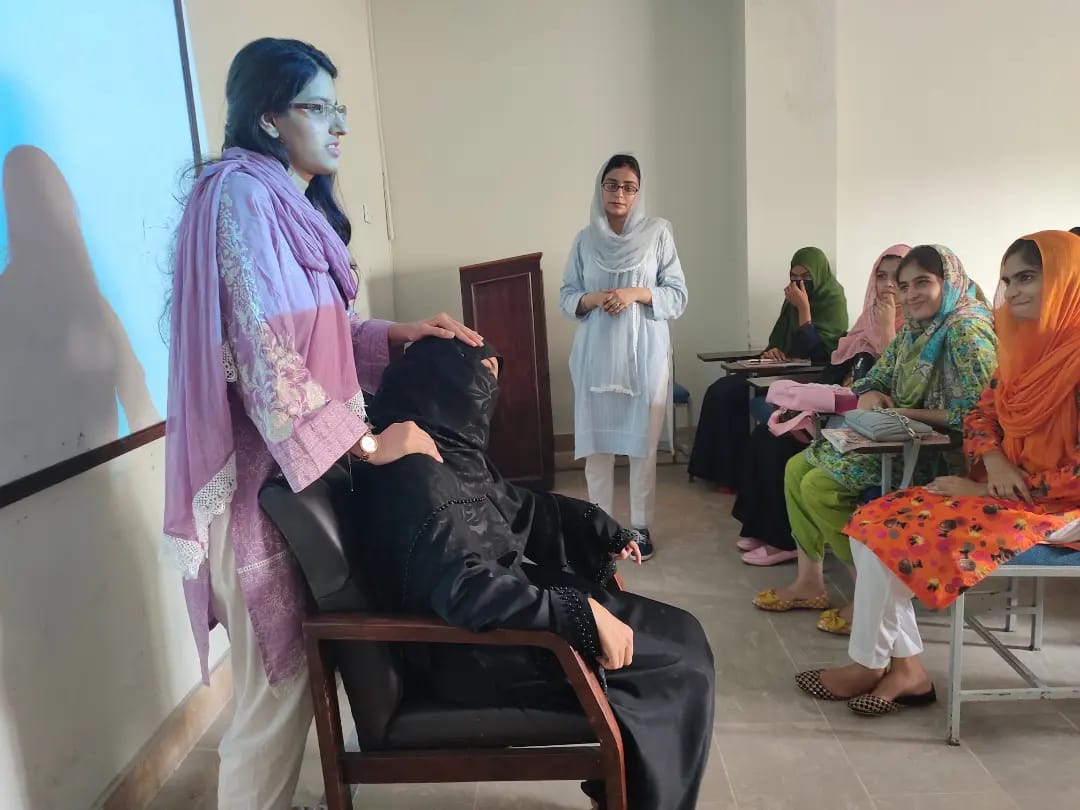
🧪 BS Medical Laboratory Technology (MLT)
The BS Medical Laboratory Technology is a 4-year undergraduate program designed to prepare skilled professionals who perform diagnostic tests that aid in the detection, diagnosis, and treatment of diseases. Students learn both the theoretical knowledge and practical techniques required to operate advanced laboratory equipment, analyze samples, and ensure the accuracy of medical results.
Introduction
Careers Path
Courses List
Fee Structure
🎓 Program Objectives
- To equip students with the scientific knowledge and technical skills necessary for modern laboratory practices.
- To train graduates in operating laboratory instruments and conducting clinical tests with precision.
- To promote adherence to safety, ethical, and quality standards in laboratory operations.
- To develop analytical thinking for interpreting diagnostic data and supporting patient care.
📘 Core Areas of Study
- Human Anatomy & Physiology
- Clinical Chemistry
- Hematology & Blood Banking
- Microbiology & Parasitology
- Immunology & Serology
- Histopathology & Cytology
- Molecular Diagnostics
- Laboratory Management & Quality Assurance
🎯 Why Choose BS MLT?
- Provides the expertise to work in the healthcare sector directly impacting patient diagnosis and treatment.
- Offers hands-on training in state-of-the-art laboratories.
- Opens opportunities for work in hospitals, diagnostic centers, research labs, and public health organizations.
- Serves as a strong foundation for advanced studies in medical sciences.
📈 Career Opportunities
Graduates of BS MLT can work as:
- Medical Laboratory Technologist
- Clinical Laboratory Scientist
- Microbiologist or Hematologist (in diagnostic settings)
- Histotechnologist / Cytotechnologist
- Molecular Diagnostics Specialist
- Public Health Laboratory Officer
- Research Assistant in Medical & Biological Sciences
- Quality Assurance Officer (Healthcare Labs)
📚 Further Academic Pathways
- MPhil / MS in Medical Laboratory Technology
- MPhil / MS in Microbiology, Hematology, or Immunology
- Postgraduate Diploma in Public Health or Clinical Pathology
- Advanced certifications in Molecular Diagnostics or Laboratory Management
🎯 Eligibility Criteria?
- Minimum Intermediate qualification required.
- Minimum Marks: 50%
🧪 Career & Study Paths After BS MLT
Graduates of BS Medical Laboratory Technology have diverse opportunities in the healthcare, research, and diagnostics sectors. With expertise in laboratory sciences, they play a vital role in patient care, disease prevention, and medical research.
💼 Career Opportunities
- Medical Laboratory Technologist – Performing and analyzing clinical tests in hospitals and diagnostic labs.
- Clinical Laboratory Scientist – Conducting specialized diagnostic procedures.
- Microbiologist / Hematologist – Working in pathology, blood banking, and infectious disease diagnostics.
- Histotechnologist / Cytotechnologist – Preparing and examining tissue samples for disease detection.
- Molecular Diagnostics Specialist – Using genetic and molecular tools to detect diseases.
- Public Health Laboratory Officer – Supporting disease surveillance and control programs.
- Research Assistant / Scientist – Contributing to medical and biological research projects.
- Quality Assurance Officer – Ensuring laboratory compliance with safety and quality standards.
🎓 Further Study Options
- MPhil / MS in Medical Laboratory Technology
- MPhil / MS in Microbiology, Hematology, or Immunology
- Postgraduate Diploma in Public Health
- Advanced Certifications in Molecular Diagnostics or Laboratory Management
- Preparation for International Certifications (ASCP, AMT, etc.) for work abroad
🌍 Job Sectors
- International Healthcare Organizations (WHO, NGOs)
- Hospitals & Healthcare Systems
- Private & Public Diagnostic Laboratories
- Medical Research Institutes
- Pharmaceutical & Biotechnology Companies
- Public Health Departments
- Blood Banks & Organ Transplant Centers
we will update soon!



